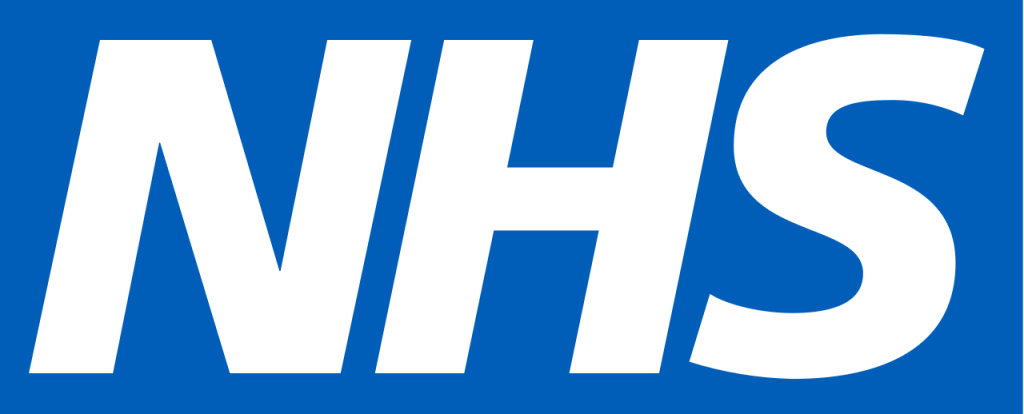Clinical Leaders with frontline experience and credibility with their peers are uniquely positioned to drive meaningful change.
Dr Andrew Coley, Chief Clinical Officer, NHS Clinical Leaders Network

For over two decades, I’ve championed the cause of integration.
I’ve always recognised that it isn’t just an abstract concept, but a fundamental necessity for any health and care system.
Many patient journeys cross multiple disciplines and providers. And while it’s good to see the integration agenda gaining overdue political attention, the reality is that these journeys remain plagued by inefficient processes, outdated systems, and competing imperatives.
Scarce resources, exacerbated by financial pressures and staff shortages, have diverted attention away from the critical task of building integrated care pathways. The lingering effects of the pandemic have only compounded these challenges.
So what, then is the role the clinical leadership in this context?
With their frontline experience and credibility with their peers, clinical leaders are uniquely positioned to drive meaningful change.
The only way of making integration happen in a complex environment is in engaging, facilitating and developing them, so they take a bigger role in strategically steering the system.
However, their effectiveness hinges on their ability to operate in environments that value and support their contributions.
When we’re stressed or feeling undervalued, we disengage. Stress releases cortisol, which, when dealing with a perceived ‘threat’ prompts us to retreat to ‘defence’ mode; lifting up the drawbridge.
This isn’t an environment where learning, engagement and innovation can really thrive.
But when we feel a sense of safety and encouragement, we release dopamine, which helps us to engage, learn and contribute.
And that’s where the NHS Clinical Leaders Network comes in:
Our vision is to empower better leaders, who improve care.
We facilitate supportive environments that foster engagement and cultivate cultures of continuous improvement.
At the heart of this approach is our Double Helix model, which recognises that successful integration requires a fusion of operational knowledge and strategic vision.
But just as important, is our commitment to promoting kindness and respect among colleagues and partners. You’ll be hearing more soon about the “Storm of Kindness” we’ll be leading in the coming weeks and months.
By bringing together frontline providers and organisational leaders on the same level-playing-field, we harness their collective wisdom and expertise needed to drive better outcomes for patients across the board.
So in an era where integrated care has it’s long overdue place at the top of the agenda in conversations about the future of health and care; it’s clear to me that harnessing effective clinical leadership has never been more important.
The future goal of a truly integrated care system, built on partnership, mutual respect and trust, lies in our ability to collaborate, innovate, and have shared goals for improving the lives of our patients and the professional experience of our colleagues: whatever their specialism, and wherever they work in our shared health and care system.
Knowing that our efforts are driven by a shared commitment to improving patient care, staff experience, and the health and wellbeing of entire communities is what drives every clinical leader. Our role is to provide the right environment to help them to thrive.
The CLN’s role is to champion integration for the greater good, free from political agendas or self-interest. And it’s a privilege to be leading this movement.


